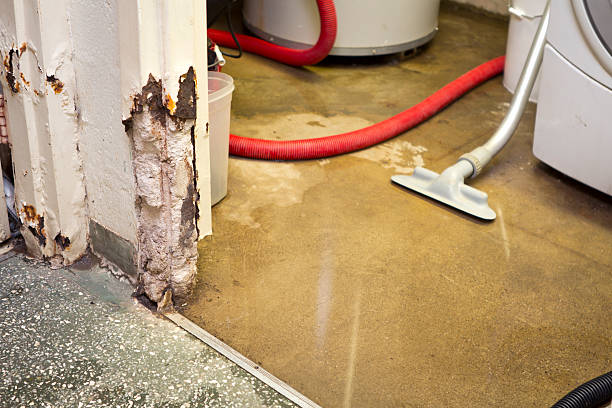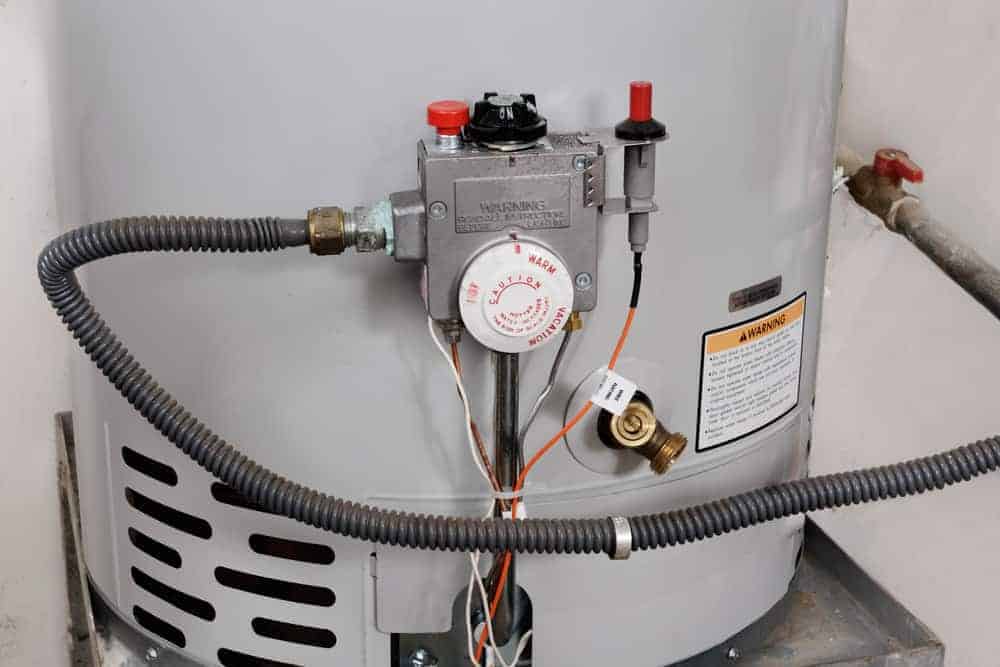Important Measures Residential Property Owners Should Take While Dealing with Malfunctioning Water Heaters
Important Measures Residential Property Owners Should Take While Dealing with Malfunctioning Water Heaters
Blog Article
We've discovered the article about How to Avoid a Broken Hot Water Heater directly below on the net and thought it made sense to relate it with you over here.

Whether it is located in the cellar or a different space, broken water heating systems can trigger anxiety. Having no warm water supply is likewise bothersome.
Call the Plumber
After doing the first 2 safety actions, you should call your plumber to come right away to fix a burst water heating system. There are usually indicators that your aging water heating unit has sediment accumulation in the interior.
Rather, as soon as you find these indicators, have an expert come to evaluate your water heater storage tank. Normally, water heating units have a life-span of about 8 to 12 years.
Cut Off the Cold Water Supply
Cut off the tanks tap water supply from the source. When your container is in excellent problem, the cool water quits loading up when the storage tank is complete. If you can not locate it or reach it, you need to turn off that major water supply line outside your residential or commercial property.
Shut Off Power Source
Before calling the plumber, shut off a gas water heater by turning the temperature level dial. This is generally situated on top of the thermostat. If you have a design that works on electrical power, switch off the breaker. This will prevent electrocution, especially if there is a leak as water is a conductor. Typically, the burner turns off when the water strikes a particular temperature. But with a busted storage tank, it may malfunction. Cutting it off ensures you remain risk-free.
Tidy up Home
After calling the plumber, file damages by taking notes and also images so you can claim your property owner's insurance policy. Remove any type of standing water to stop mold and mildew and also mildew growth. If you have a submersible water pump, make use of that to drain the water.
Keep in mind, if you notice any problems with your hot water heater, call the pros right now. You can not take this trouble gently due to the fact that a malfunctioning thermostat can elevate water temperature to a hazardously high degree, bring about accidental burns. A damaged heater stress safety valve can additionally create a surge. For best results, get an annual check so your unit gets inspected, cleansed, drained pipes, as well as replenished, ensuring optimum efficiency.
After doing the first two safety and security actions, you need to call your plumber to come right away to take care of a burst water heater. Instead, as quickly as you detect these indications, have a professional come to inspect your water heater storage tank. Before calling the plumber, shut off a gas water heating system by turning the temperature level dial. If you have a submersible water pump, use that to drain pipes the water. Keep in mind, if you discover any concerns with your water heating unit, call the pros right away.
Is My Water Heater Broken?
The Water Heater is Old
No appliance will last forever. This includes a home’s water heater. During its lifespan, residents are going to face a situation where a new water heater installation will be necessary. The biggest problem with this is that most people are not sure when their water heater expires. Not knowing this can lead to serious risks if the unit begins to act up due to old age.
Most makes and models of water heaters will last between eight and 10 years. While 10 years is the age when water heater replacement is highly recommended, the need to replace the unit may occur before this time or after. If the unit doesn’t show any symptoms of a problem, it is a good idea to replace it at the 10-year mark (from the manufacture date).
Some of the symptoms that indicate a new unit is needed include rusting, leaks, noises, and a failure to heat up the water. Also, note that not all units have a 10-year life expectancy. The main exception to this rule is that a gas unit will last for six to eight years.
Rusty Heater Inlet Valve or Water
While steel is the strongest material on earth, it does have a weakness – rust. If corrosion occurs on a steel surface, it will begin to spread and eat through the steel in certain areas. On water tanks and pipes that are made of steel, rust is a warning sign of an impending leak.
The issue for many is trying to figure out if the rust is coming from the water heater or the pipes that lead to the faucet. If rust is seen, it is a clear indication that water heater service from the professionals is needed.
If rusty water appears out of the faucets in the bathtub or sink, it likely means a rusty water heater. If there is rust near the water inlet or the pressure relief valve, rust has likely developed inside the tank. If tap water appears rusty, it may be an issue with the pipes.
Strange Sounds from the Water Heater
Are there strange sounds coming from the tank? As a water heater gets older, rumbling noises may develop and get louder and louder as the water in the tank heats up. In homes where large amounts of hot water are used, the issue is likely going to be even more obvious when more serious issues arise. If there is a strange or loud noise coming from the unit, it is probably because of sediment buildup. A good way to remedy this problem is by flushing the heater. If this does not work, then a new unit may need to be installed.
Leaks
As a water heater gets closer to the end of its useful life, there is a higher chance there will be water around the tank. If there is water, this usually means leaks are occurring. Based on where the unit is located in the home, a leak may result in serious property damage.
Leaks are usually caused by expansions in the metal tank. The expansions occur as time passes and as the inside body of the tank is exposed to multiple heating cycles per day. When a fracture forms, the gap will be slight enough to hold the water in; however, in more serious situations, this will not be the case. If the tank is idle, the water will not leak but when the metal expands during each heating system, small amounts of water will get through the gap.

Do you like reading about Water Heater Burst? Give a remark directly below. We will be delighted to see your opinion about this entry. We are looking forward that you come back again before long. Liked our content? Please share it. Help other people discover it. Thanks a lot for going through it.
Got trouble? Ring! Report this page